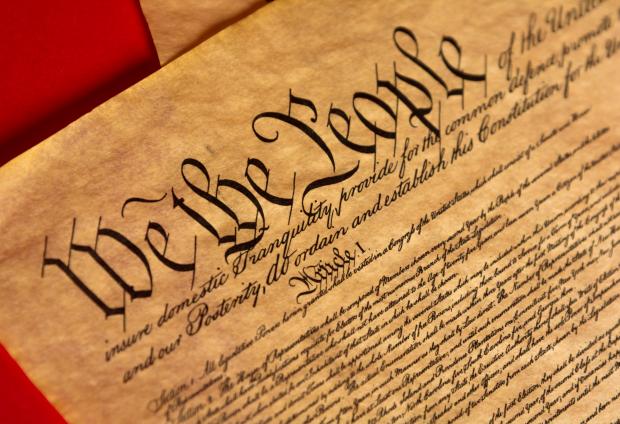
Political transparency promotes First Amendment values by ensuring voters have the information necessary to make meaningful choices on Election Day.
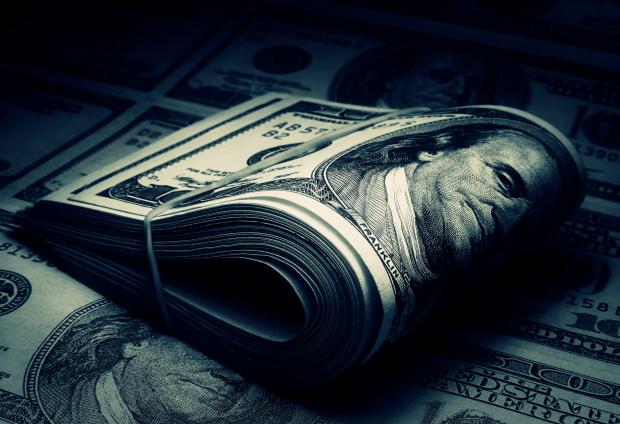
The 2018 election was the most expensive midterm election in history. Meanwhile, political spenders employed new tactics to evade disclosure laws and hide the true sources of money.
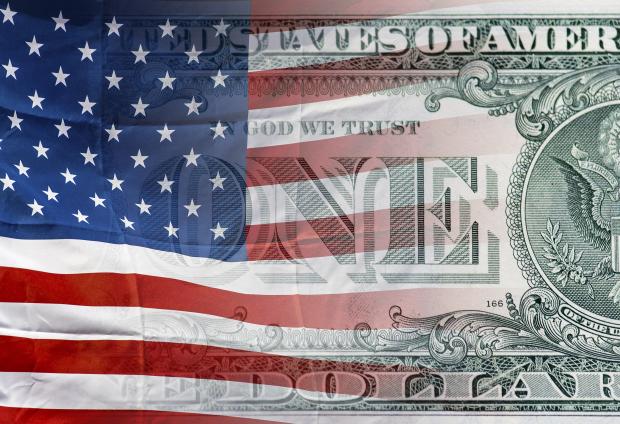
A look at how public financing programs can reorient our elections by reducing opportunities for corruption, encouraging new and diverse candidates to seek public office, and broadening political participation among the public at large.

The CLC and Issue One joint report analyzes more than five years of leadership PAC data — nearly 200,000 records of discrete expenditures — obtained from the Federal Election Commission (FEC). The report found that, since 2013, politicians have spent millions of dollars from leadership PAC funds that may have been unlawful if the spending came from their own campaign accounts.

A CLC report detailing the vulnerabilities of American elections to foreign interference that were exposed in the 2016 presidential election. The report outlines solutions for addressing this most urgent issue, which would protect the integrity of our democracy for the upcoming 2018 elections and beyond.

A research study, produced by University of Wisconsin Professor Young Mie Kim, in conjunction with CLC and Issue One, is the first empirical research of political ads used on Facebook to influence the 2016 elections. The research supports the need for the Honest Ads Act.

A roadmap for understanding the many benefits of publicly financed elections.
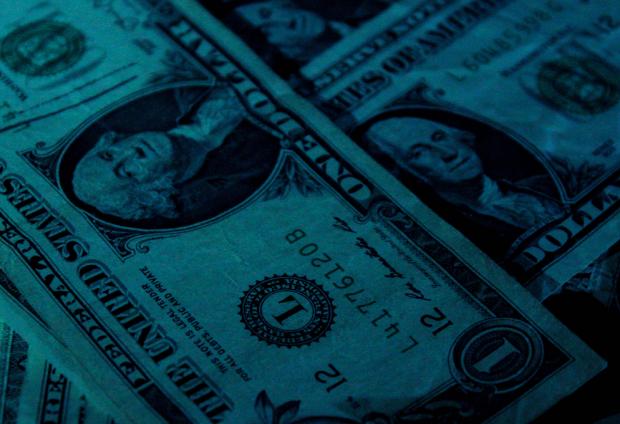
Dark money continues to play a major and troubling role in U.S. elections thanks to a series of Supreme Court decisions and weak enforcement of campaign finance rules by the Federal Election Commission.
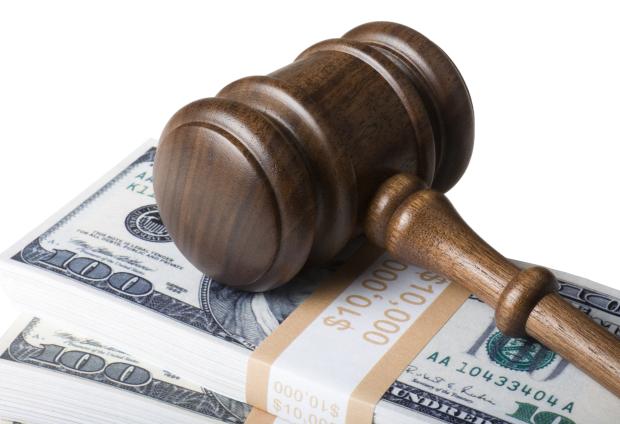
A fact sheet on the Federal Election Commission and proposed bipartisan legislation to reform the FEC.

Opponents of the disclosure of political spending have been playing fast and loose with the truth. This FAQ, prepared by CLC for Issue One, sorts the myths from the facts when it comes to the laws and regulation of ‘dark money’ groups and their spending in federal elections.

The Campaign Legal Center and Issue One jointly released a report which details specific solutions to reduce the power of money in politics and restore faith in public institutions. The report and accompanying website provide a comprehensive overview of how reforms have been implemented across the country and outlines best practices for legislators and advocates enacting change in their states and local communities.

With the 2014 midterm elections behind us, public attention has shifted to the 2016 presidential election. News stories appear daily about prospective 2016 presidential candidates’ repeated trips to Iowa and New Hampshire, extensive fundraising and campaign machine building. Yet none of the early frontrunners—former Governor Jeb Bush, Governor Scott Walker and more than a dozen other politicians—will even admit that they are “testing the waters” of a presidential campaign. Why is this? And how can it be?

Analysis by the Campaign Legal Center, the Center for Responsive Politics and Democracy 21 focusing on the overlap between ‘maxed out’ donors and candidates-specific Super PACs. The report documents that Super PACs supporting presidential candidates continue to take in six- and seven-figure contributions from individuals who also have given the legal maximum to the candidate's campaign committee.
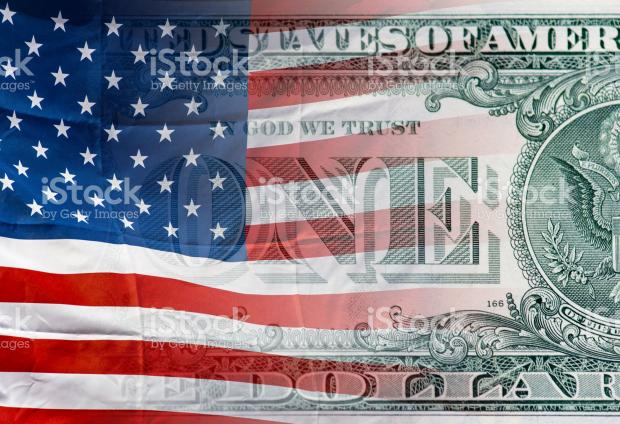
Published in 2004, CLC's The Campaign Finance Guide provided a pre-Citzens United explanation for citizens, candidates, political organizations and the news media, including a brief overview of federal campaign finance laws in effect at that time. The Guide summarized the rules governing the financing of federal political activities and described how the laws are enforced.
